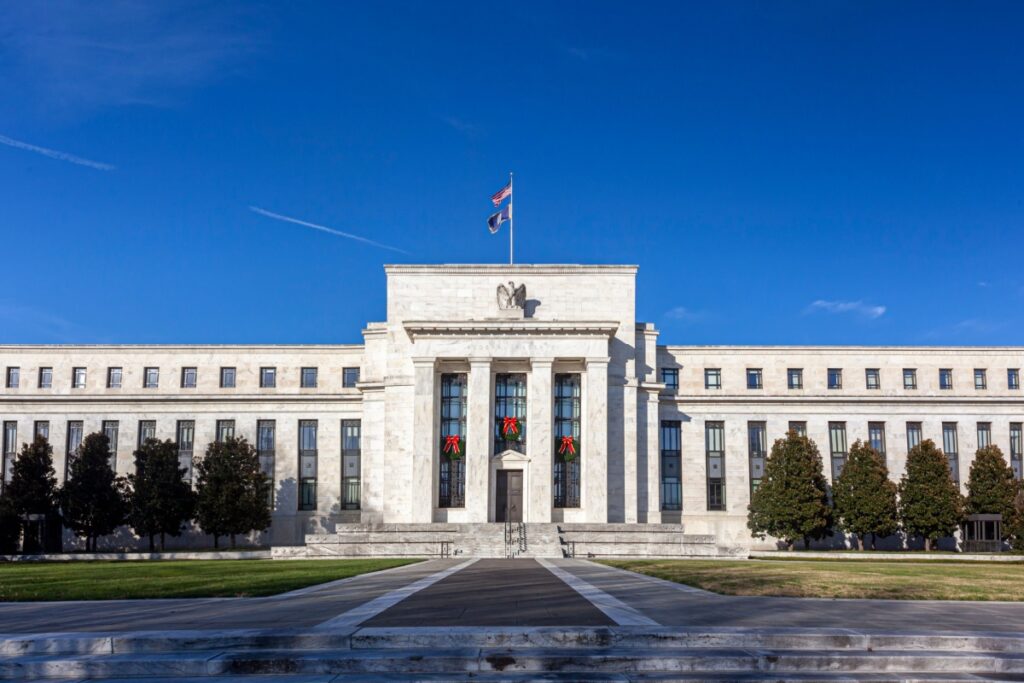President’s Move Strikes at Fed Independence
On August 25, 2025, President Donald Trump announced the removal of Federal Reserve Governor Lisa Cook, citing alleged mortgage fraud. According to Trump, Cook had claimed two separate properties as primary residences in 2021 to obtain better mortgage terms. The president said this constituted misconduct sufficient for dismissal.
Cook, however, swiftly rejected the action. She emphasized in a written statement that the president lacked authority to fire a governor before the expiration of her legally fixed term. Cook was first appointed by President Joe Biden in 2022 and confirmed by the Senate, then reappointed in 2023 for a 14-year term running through 2038. She stated that her service would continue uninterrupted, adding that the attempt to oust her was “without merit and unlawful.”
Trump’s decision has placed the White House on a collision course with the Federal Reserve, raising immediate questions about the independence of the U.S. central bank, a principle seen as essential for maintaining global market confidence and monetary stability.
Legal Experts Anticipate Court Clash
The removal attempt is expected to ignite a high-profile legal battle. Under the Federal Reserve Act, governors may only be dismissed “for cause,” a phrase that historically has required clear evidence of wrongdoing and due process. Legal scholars note that previous disputes over removal authority, including cases involving regulatory commissions, have often reached the Supreme Court.
Cook’s attorney, Abbe Lowell, said litigation will be filed to contest the move, describing it as “illegal and lacking legal foundation.” The challenge is likely to focus on whether the president’s authority extends to removing an official whose term was designed to be insulated from political shifts.
The case could be shaped by recent judicial precedents. The Supreme Court has in recent years broadened the executive’s ability to dismiss agency heads, such as directors of the Consumer Financial Protection Bureau and members of other independent agencies. Whether the justices will apply the same reasoning to the Federal Reserve, whose independence is considered a cornerstone of economic policy, remains an open question.
Stakes for Monetary Policy and Market Confidence
The potential dismissal has immediate implications for both policy and markets. The Federal Reserve’s independence is widely regarded as critical to preserving credibility. If investors perceive political interference, inflation expectations could rise and the costs of borrowing may increase. Economists caution that a weakened Fed could struggle to stabilize markets during crises or make politically unpopular decisions such as raising interest rates.
Financial markets reacted swiftly. European equities dipped following the announcement, with traders citing the U.S. central bank dispute as one factor behind risk aversion. Analysts at several major banks warned that uncertainty about the Fed’s governance could contribute to volatility in bond yields and currency markets.
Observers also noted that Trump’s action may create internal disruption at the Fed itself. If Cook refuses to vacate her office, a standoff could ensue over the recognition of her authority to participate in board meetings and cast votes on monetary decisions. Such uncertainty would add another layer of risk for markets already grappling with inflation concerns and geopolitical instability.
Political Dynamics and Institutional Response
Cook, the first Black woman to serve on the Federal Reserve Board, has a distinguished academic and policy background. Before her appointment, she was a professor of economics at Michigan State University and advised both Democratic and Republican administrations. Her reputation in economic policy circles has drawn support from across the political spectrum, adding weight to the controversy.
Democrats in Congress quickly rallied behind her. Senate Majority Leader Chuck Schumer and Senator Elizabeth Warren denounced Trump’s action, describing it as an assault on central bank independence. They argued that undermining the Fed could erode confidence in U.S. economic leadership at a time of heightened global uncertainty.
The Federal Reserve itself has not issued a direct statement on the legality of Trump’s move, but internal officials are reportedly reviewing their options. As an institution, the Fed is bound to follow statutory law, which sets strict terms for governors’ tenure. The situation places the central bank in the unusual position of potentially having to defy the sitting president to uphold its governance rules.
The broader political context cannot be ignored. Trump has repeatedly criticized the Fed, often blaming it for economic slowdowns or inflationary pressures. His latest attempt to assert control over its leadership underscores a growing tension between political agendas and the principle of monetary independence. Analysts warn that the outcome of this conflict will shape perceptions of U.S. institutions far beyond the financial sector.


